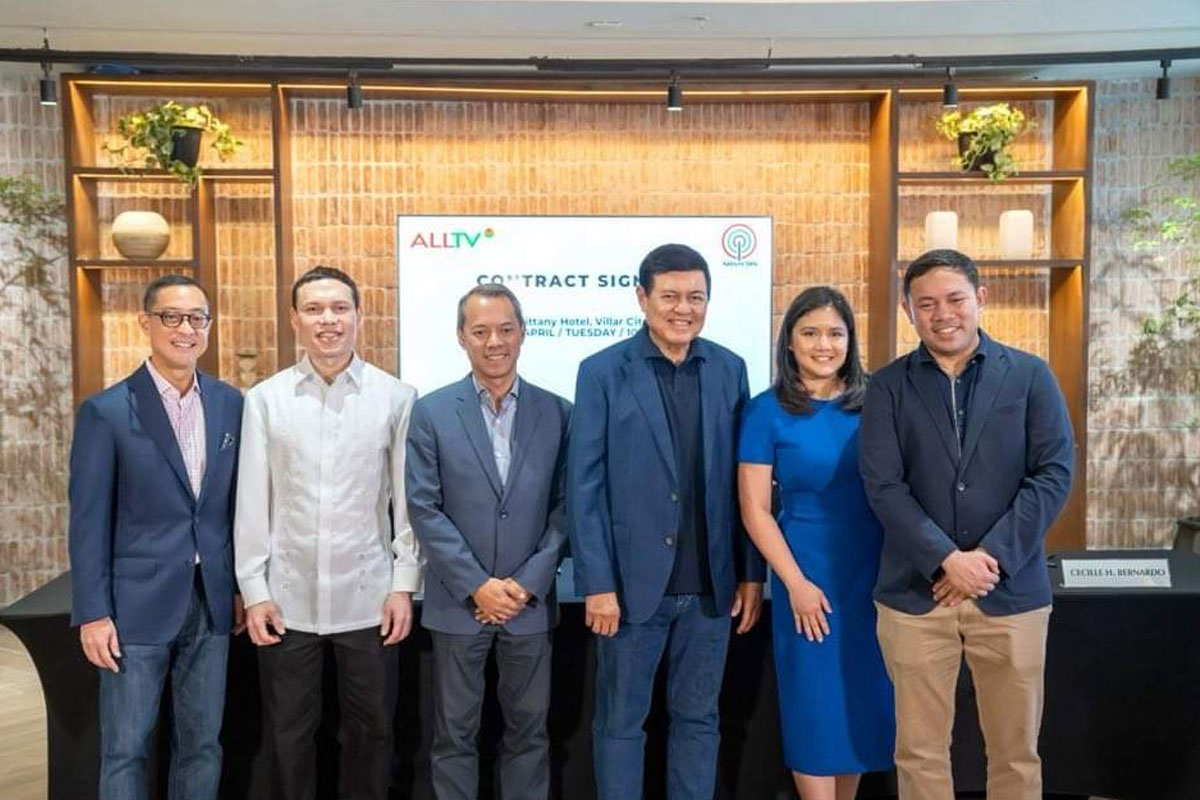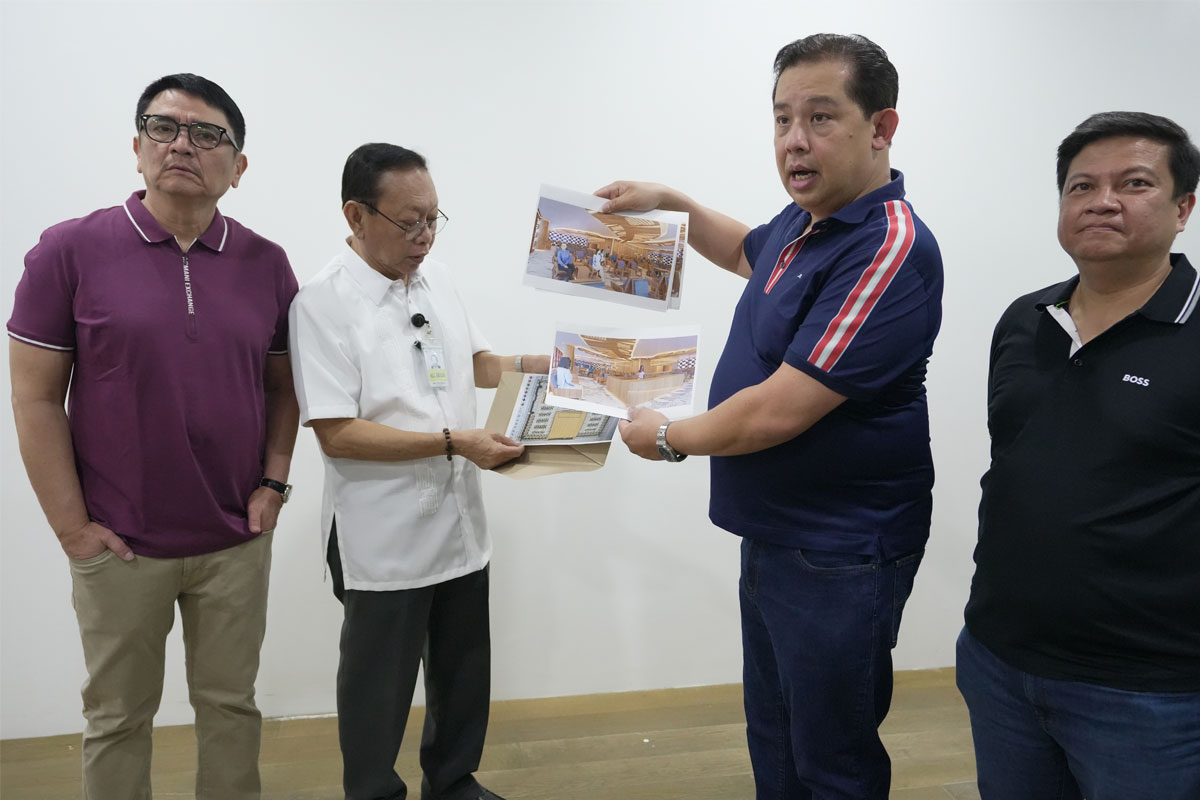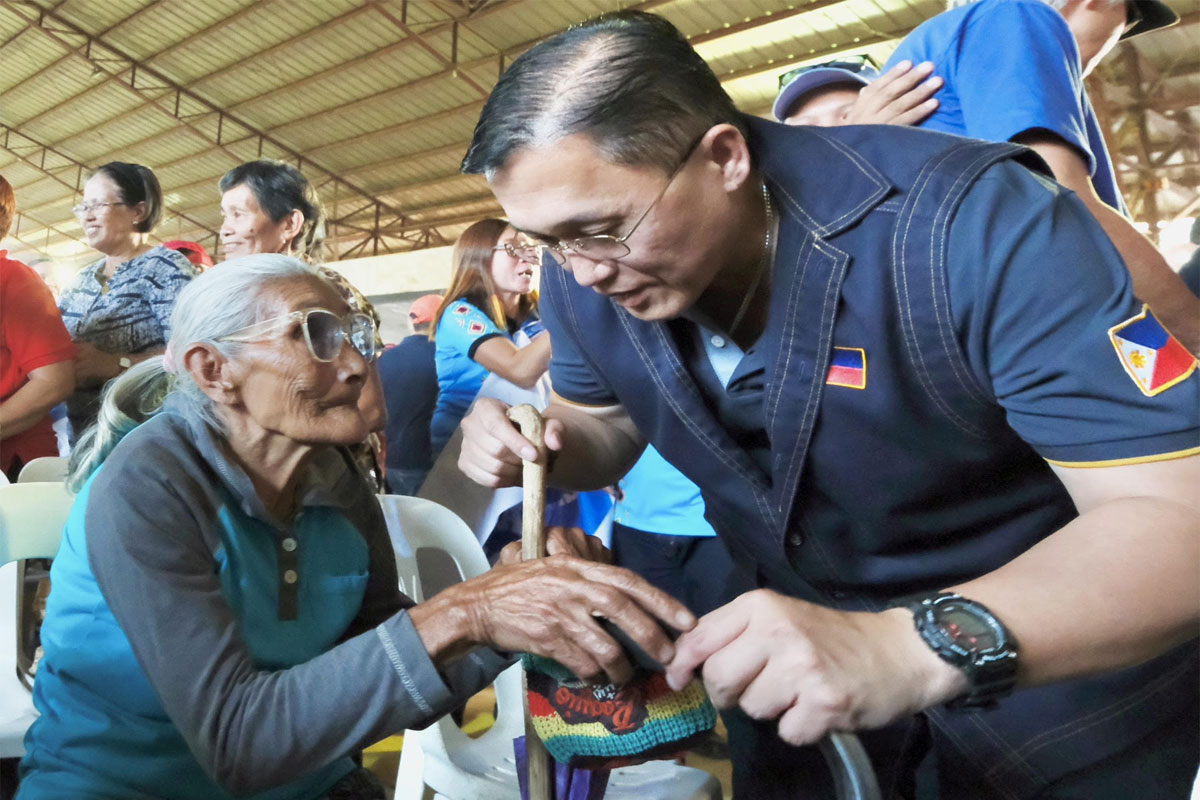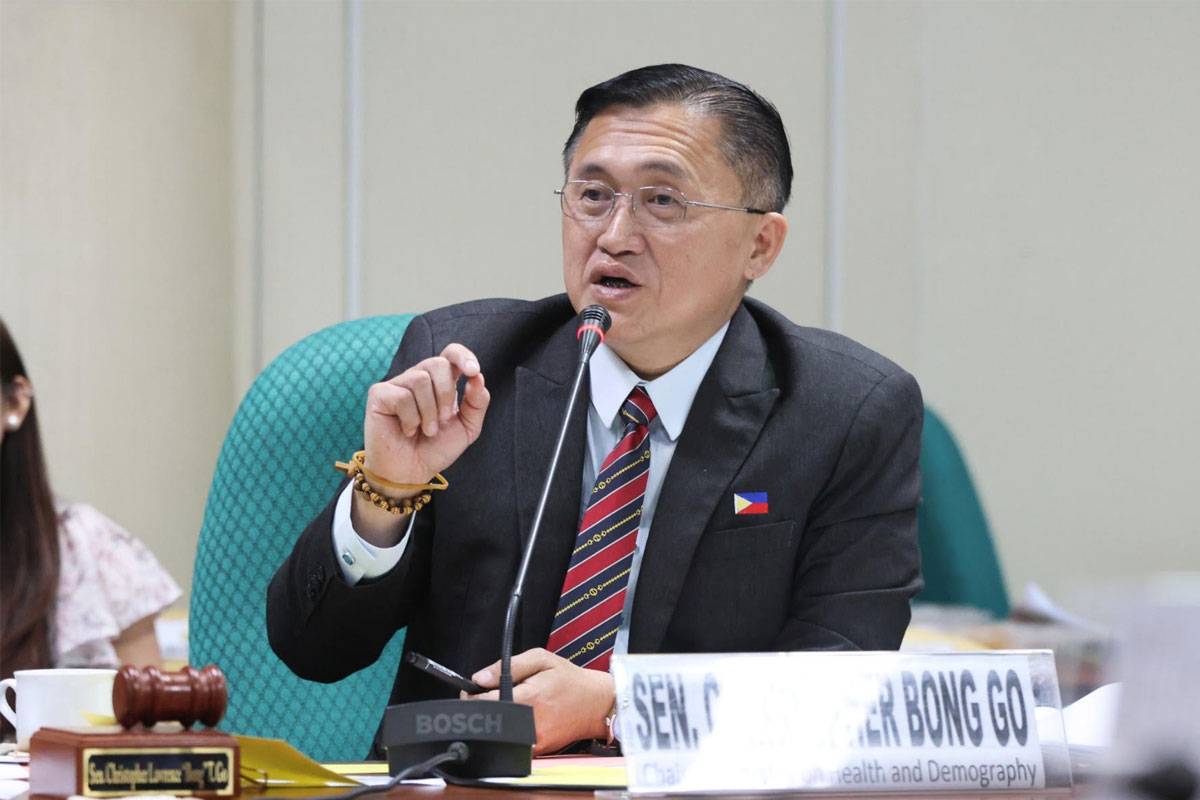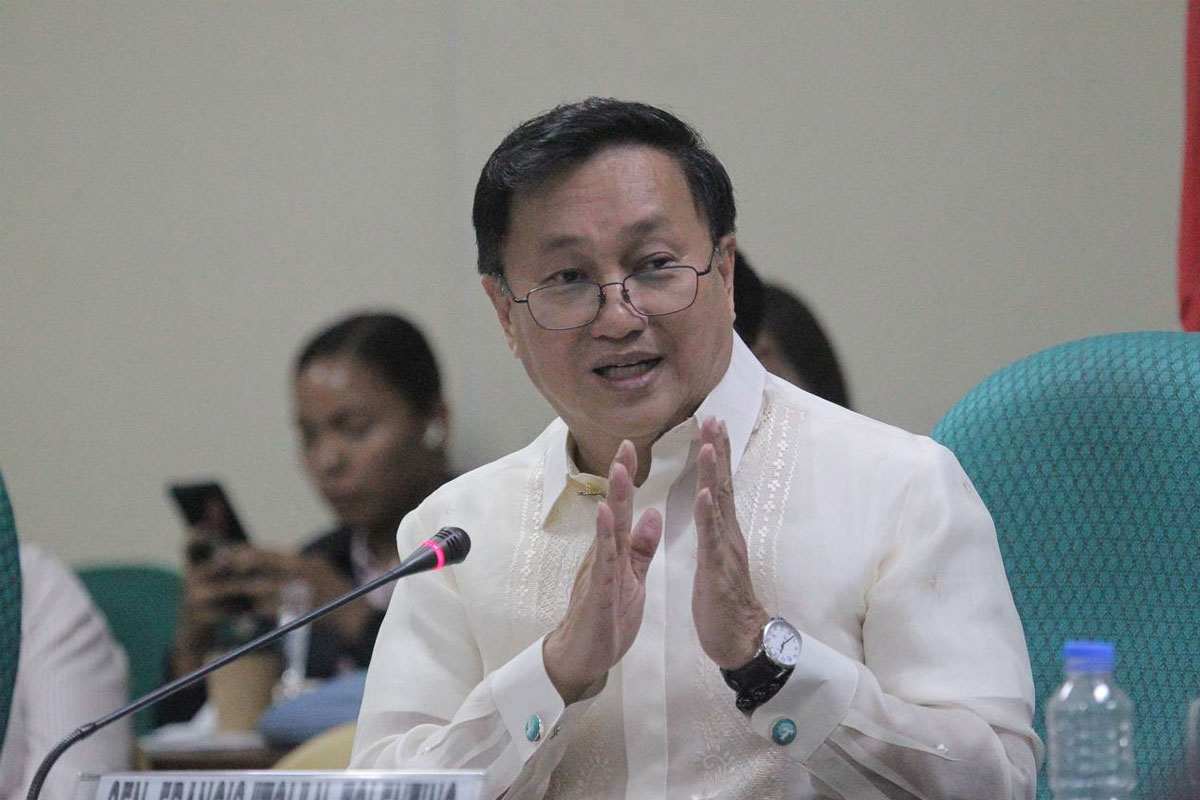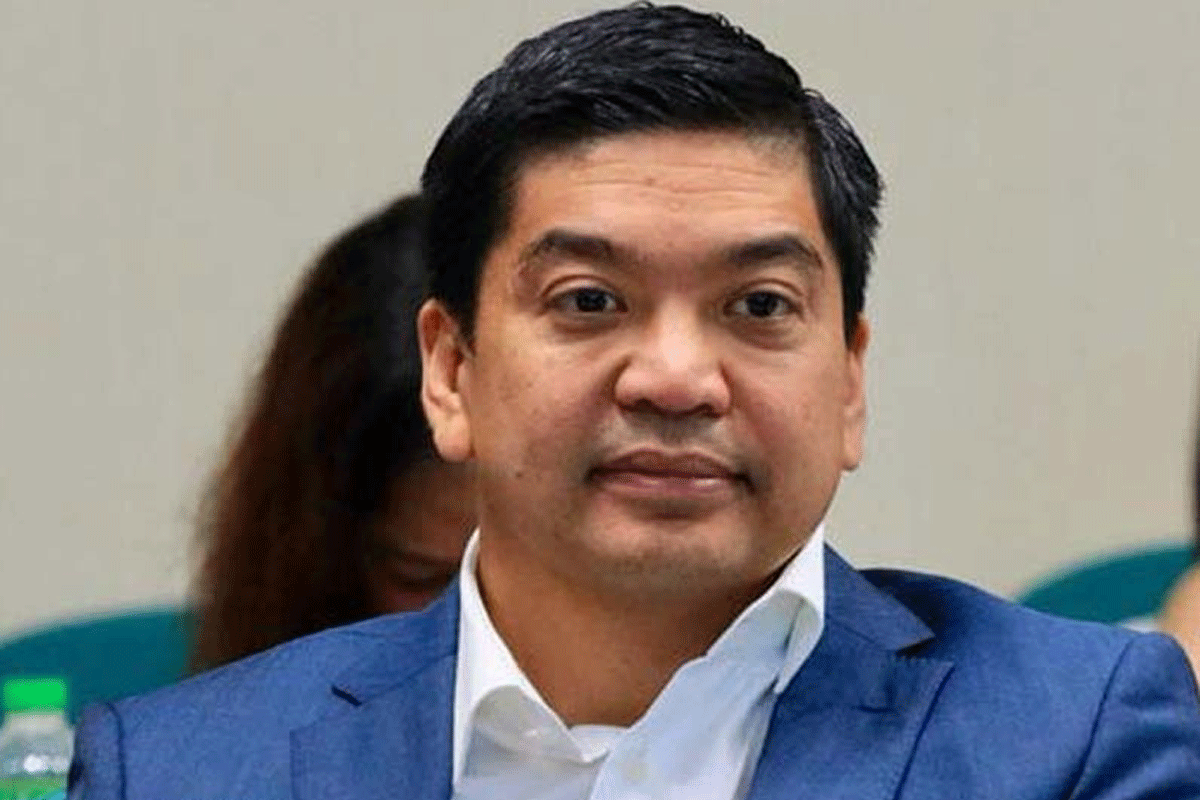
Solon seeks programs to address women’s needs during a pandemic
CAMARINES Sur Rep. LRay Villafuerte has called for the swift congressional passage of a proposed law that aims to establish mechanisms and processes to ensure the adoption, reprogramming and continuity of programs that serve and address the gender-differentiated needs of women during a pandemic.
Villafuerte lauded the recent approval of the substitute bill of this measure, also known as the Gender Responsive and Inclusive Public Health Concern and Disaster Management Act, by the House committee on women and gender equality chaired by Bukidnon Rep. Maria Lourdes Acosta-Alba.
“The lockdown measures of the country amidst the coronavirus disease 2019 (COVID-19) pandemic have unintentionally emphasized the vulnerability to exploitation of some of our people due to the limited access to the outside world, ” said Villafuerte, one of the bill’s principal authors.
He said these include women, who “are at greater risk of experiencing the long-term consequences of COVID-19 brought by constrained health systems, lack of access to resources, and social and economic impacts.”
Villafuerte said his original proposal under House Bill (HB) 9465 was “to establish programs to address gender-differentiated needs of women during the pandemic.”
“It ensures that women are empowered to participate in national and local government response systems during times of public health emergencies. It also seeks to strengthen Gender Based Violence (GBV) preparedness and response systems,” he said.
Villafuerte proposed in HB 9465 that every department or agency must come up with a gender-responsive pandemic preparedness plan, manual or protocol for women during pandemics within sixty (60) days from the implementation of the measure and ensure the designation of focal persons to supervise and oversee the implementation of said plan, manual or protocol.
He said that during a public health emergency, women shall be empowered to be included in the national and local government’s response systems to address the gender-differentiated needs of the different groups of women, especially the marginalized.
“It is thus mandated that response and recovery systems must ensure that women are placed strategically and participate meaningfully In leadership, decision-making, and policy-making positions at all levels,” he said.
Thus, under his measure, the Inter-Agency Task Force on Emerging Infectious Diseases (IATF) and other similar and related bodies shall have the Philippine Commission on Women (PCW) as a permanent member at all levels, including planning, implementation, monitoring and evaluation.
Villafuerte’s bill also mandates that 40% of membership of all development councils from the regional, provincial, city, municipal and barangay levels shall be composed of women.
The substitute bill, meanwhile, states that it aims to effectively prevent, respond and eliminate the incidence of GBV against women and girls through the integration of gender and intersectional analysis in pandemic policy and decision making, planning, and programming in all the stages of pandemic management.
Villafuerte’s bill, on the other hand, provides for, among others, a set of humanitarian principles guiding pandemic programing and management to address gender-differentiated needs of women during a pandemic; guarantees against discrimination of women by providing penalties for such acts; and measures to strengthen GBV preparedness and response systems.
His proposal also covers guidelines on sexual and reproductive health rights and essential services for women and girls; “a gendered-approach to vaccination” that takes into account “gender-based differences in immunological responses, care burden or work of women both paid and unpaid, security of women against gender-based violence and other forms of attacks and other factors that increase women’s vulnerability.”
It also includes social protection measures for marginalized women; addressing women’s needs in relation to the protection of locally stranded individuals; economic empowerment for women, such as creating job opportunities for them during a pandemic or other public health emergencies; and protection of women and their children in rural and indigenous communities, as well as in the migrant workers’ sector.
Villafuerte’s bill mandates the enhancement of the capacity of ICT systems to facilitate and aid the implementation of the measure.
“The Department of Information and Communications Technology (DITC) and the National Telecommunications Commission (NTC), in coordination with public utilities and telecommunication providers, shall provide assistance to ensure the accessibility of the services provided through the use of ICT systems including, but not limited to, immediate assistance from the Philippine National Police (PNP), information dissemination through short message service, and other services,” Villafuerte’s bill states.
He said ICT assistance “shall include strengthening ICT literacy of women, especially in poor communities and remote areas, reasonable accommodation for persons with disabilities, such as the provision of Filipino Sign Language, among others.”









